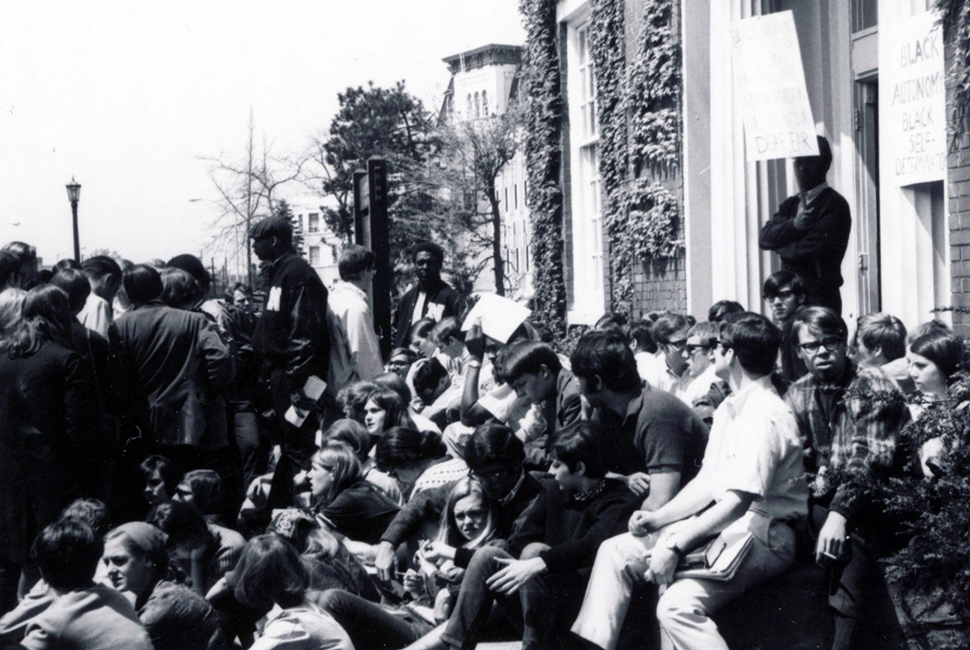The department of African American Studies in the Weinberg College of Arts and Sciences has announced plans to officially change its name to the department of Black Studies.
A symposium celebrating the name change, titled “Black to Front,” will take place on Friday, May 19 at Northwestern’s Block Museum of Art from noon to 6 p.m. The event will feature poetry and music by undergraduate students; panels comprised of faculty and graduate students; and two invited keynote speakers: historian Davarian Baldwin and writer Zeba Blay.
In changing its name, the department is seeking to better reflect the breadth of its scholarship and teaching, according to the faculty’s formal name change proposal.
The term “African American Studies” is often interpreted as being specific to the United States, while the department’s actual work is broader, encompassing the interdisciplinary study of the formations of “race” and Blackness — including in the U.S., Africa, the Caribbean, Europe, Latin America and elsewhere.
These concepts have shaped the culture, history and politics of the entire modern world.
“We have deliberated about changing our name for over a decade, but it was preparing for our 50th anniversary that made it clear that the time was now,” said Mary Pattillo, the Harold Washington Professor of Sociology and African American Studies who currently serves as the department’s chair. “Our work is expansive, beyond national or regional boundaries, and the word ‘Black’ is what captures that reach.”
The term “Black Studies” was used in the petition filed by Northwestern students during a protest in 1968 that spurred the creation of the department.
The name change was voted on by the faculty in April 2022 and informally announced at the department’s 50th anniversary celebration last May where it was met with a standing ovation.
The name “Black Studies” was chosen after a series of discussions and surveys that provided stakeholders with several options for possible new names for the department. Of the options provided, “Black Studies” was the most popular, with many respondents and meeting attendees saying that they felt it captured the department’s work best.
The change will become official sometime in the next few months, pending final approval by the Northwestern Board of Trustees. For now, students, faculty and staff plan to contemplate and celebrate this change, while looking forward to an even more globally engaged future.
“The reason for this symposium is to commemorate and archive the significance of renaming our department,” said Barnor Hesse, an associate professor of African American Studies who is the event’s main organizer. “We expect our keynote speakers to be prominent in creating a compelling experience that stimulates more students to pursue Black Studies. This is one of the lessons we take from the Black global protests in 2020.”
In its formal proposal requesting the name change, the faculty also noted that the term “Black Studies” was used in the original petition filed by Northwestern students who occupied the bursar’s office in 1968 during a protest that spurred the creation of the department.
The name change is in some ways a continued articulation of the 1968 students’ original intent to create a self-actualizing department; one that could set the terms of its own scholarship and continue to find new means by which to uncover truth and further Black liberation.
“Every day I am in awe by what I learn about the Black Studies department and the legacy of Black students and faculty on campus,” said Atarah Israel, a first year in the Medill School of Journalism, Media, Integrated Marketing Communications who designed the publicity for the event. “I am grateful to be a part of this moment in Northwestern history, and I am honored to be a part of such a community here and globally whose resilience knows no end.”
For more information about the May 19 celebration, contact Barnor Hesse.


